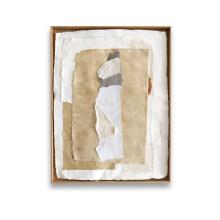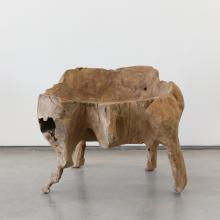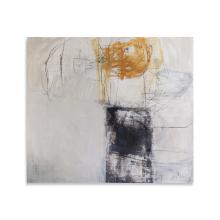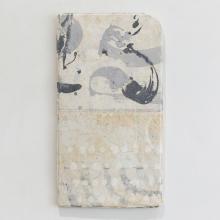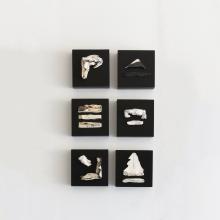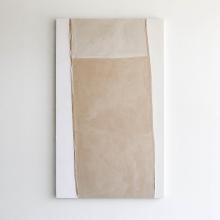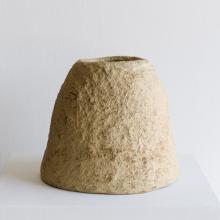Wabi Sabi Design
October 19, 2023
Embracing Wabi-Sabi: The Art of Finding Beauty in Imperfection
In a world that often celebrates perfection and pristine order, the Japanese philosophy of Wabi-Sabi offers a refreshing perspective. Rooted in the appreciation of life's imperfections, Wabi-Sabi teaches us to find beauty in the flawed, the transient, and the incomplete. When applied to interior design, this philosophy can transform a space into a haven of authenticity and tranquility. Here’s how you can incorporate Wabi-Sabi principles into your home through art and decor.
Understanding Wabi-Sabi
Wabi-Sabi is an ancient Japanese concept that celebrates the beauty of imperfection, the passage of time, and the natural cycle of growth and decay. It’s about appreciating the raw, the unpolished, and the asymmetrical. In interior design, Wabi-Sabi manifests as a balance between simplicity and elegance, where every piece feels unique and meaningful.
Key Elements of Wabi-Sabi Interior Design
-
Embrace Natural Materials: Choose materials that age gracefully and develop character over time. Wood, stone, and clay are quintessential Wabi-Sabi materials that bring warmth and authenticity to a space. Their natural textures and imperfections enhance the overall aesthetic.
-
Celebrate Imperfections: Look for decor items that show signs of wear or have an imperfect finish. A handcrafted ceramic vase with a subtle crack, or a weathered wooden shelf, can add a layer of depth and narrative to your interior.
-
Opt for Simple Elegance: Wabi-Sabi design often favors minimalism and simplicity. Choose furnishings and decor that are understated yet rich in texture. Avoid excessive ornamentation and focus on pieces that have a quiet beauty.
-
Play with Asymmetry: Embrace asymmetrical arrangements and organic shapes. This could mean an unevenly shaped rug, an art piece with irregular lines, or a gallery wall with eclectic frames. Asymmetry adds a sense of natural flow and spontaneity.
-
Incorporate Nature: Bring elements of nature indoors, such as plants, stones, or driftwood. Nature’s imperfections and variations align perfectly with the Wabi-Sabi ethos.
Integrating Art and Decor
Art plays a crucial role in reflecting the Wabi-Sabi philosophy. Here are some tips for selecting art that resonates with this aesthetic:
-
Choose Raw and Unfinished Pieces: Look for artwork that highlights raw materials or unfinished elements. Abstract pieces or works with visible brushstrokes can capture the essence of imperfection.
-
Focus on Texture and Form: Art that emphasizes texture, whether through mixed media or layered techniques, aligns well with Wabi-Sabi. Consider pieces that play with texture and form rather than just color.
-
Select Items with a Story: Art and decor with a history or personal significance add depth to your space. Vintage items, family heirlooms, or works by emerging artists can all contribute to a Wabi-Sabi atmosphere.
-
Create a Personal Gallery: Curate a collection of art and decor that reflects your personal journey and experiences. An eclectic mix of pieces, each with its own story, will create a space that feels both intimate and unique.

